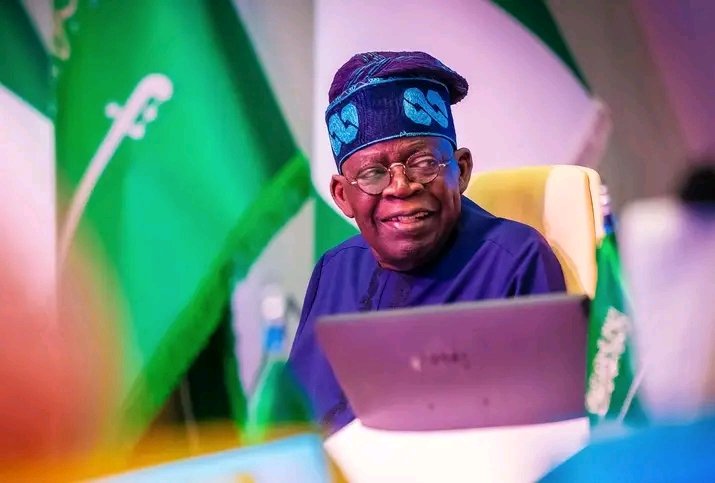Former military general Ike Nwachukwu and former Minister of Finance Kalu Idika Kalu have urged President Bola Tinubu to ensure that his administration establishes a new constitution that truly reflects the aspirations of Nigeria’s diverse ethnic and national groups.
This was announced on Thursday at the Mike Okonkwo annual lecture, titled: “The Nigeria of our dream, Today’s reality and a responsible pathfinder,” where Nwachukwu emphasised the importance of a genuinely negotiated constitution that would serve as the foundation for a stable, united, and progressive Nigeria.
Specifically, Nwachukwu stressed the need to grant states full autonomy over their resources, noting that it would unleash innovation, stimulate economic activity, and reduce dependence on the centre.
“Many states are blessed with abundant resources, some even more valuable than oil. Granting them full autonomy over their resources would unleash innovation, stimulate economic activity, and reduce dependence on the centre. To achieve this, the 1999 Constitution must give way to a fresh document rooted in equity, justice, and true federal principles,” he said.
He argued that the current 1999 Constitution is inadequate and hinders economic growth and people’s emancipation.
Nwachukwu, who is the President of The Patriot, also advocated for true federalism, stating that it would guarantee resource control and empower each federating unit to develop at its own pace.
This is as he condemned attempts by some political actors to alienate fellow citizens in exercising their civic duties, stressing that Nigerians have a fundamental right to live and thrive anywhere within their nation.
Nwachukwu described it as “heart-wrenching and deeply disturbing” that hardworking Nigerians who live, work, and pay taxes in any community are being told they cannot vote or be voted for in those places.
He emphasised that the constitutions of 1960 and 1963 guaranteed the right of every Nigerian to reside wherever they chose and enjoy full civic participation.
Nwachukwu urged Nigerians to resist every attempt to fan the embers of disunity, advocating for the freedom to live, work, build, and aspire wherever they find themselves, and to participate fully in governance.
According to Nwachukwu, a new constitution rooted in equity, justice, and true federal principles is essential for Nigeria’s progress.
He said: “there is the fundamental right of Nigerians to live and thrive anywhere within their nation. It is both heart-wrenching and deeply disturbing that in recent times, some political actors have sought to alienate fellow citizens in parts of their own country. It is unacceptable that hardworking Nigerians, who live, work, and pay taxes in any community, should be told they cannot vote or be voted for in those places.
“The constitutions of 1960 and 1963, and indeed subsequent ones, clearly guaranteed the right of every Nigerian to reside wherever they chose and to enjoy full civic participation there.
“We must, therefore, resist every attempt to fan the embers of disunity. Nigerians must be free to live, work, build, and aspire wherever they find themselves, and to take part fully in the governance of such places. This is the essence of national unity and citizenship,” he said.
On his part, Kalu challenged Nigerians to reflect on the country’s progress 65 years after independence, questioning what can be considered incontrovertible achievements.
He noted that despite having great leaders, institutions, artists, writers, and professionals, Nigeria still faces significant challenges.
Kalu noted the country’s evolution from a protectorate to a 36-state structure with Abuja as the federal capital.
He referenced a projection by an American institution that Nigeria could be ranked number three in population by 2050, after India and China, and number nine or 10 by the quantity of goods and services (GDP).
However, he emphasised that achieving this would be difficult given the country’s demographic uncertainties and challenges in basic health and living standards.
The celebrant, Okonkwo, also stressed the need to have a country that is void of discrimination, saying no Nigerian is more Nigerian than the other.
“I don’t believe in minority people. We are all Nigerians, and everyone has the right to aspire to any office in this country. It should be about capacity and not be discriminated against,” he said.
In his lecture, former Vice President Yemi Osinbajo called for righteousness, starting from the pulpit.
“The Nigeria of our dreams stands a better chance of emerging when the Church of Jesus Christ in this nation reclaims herself as the salt of the earth and the light of the world,” he said.

